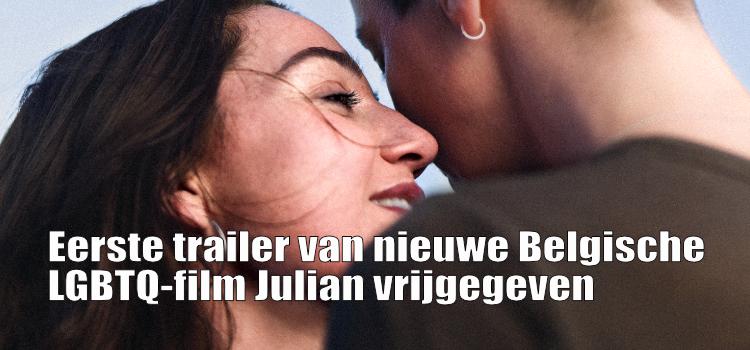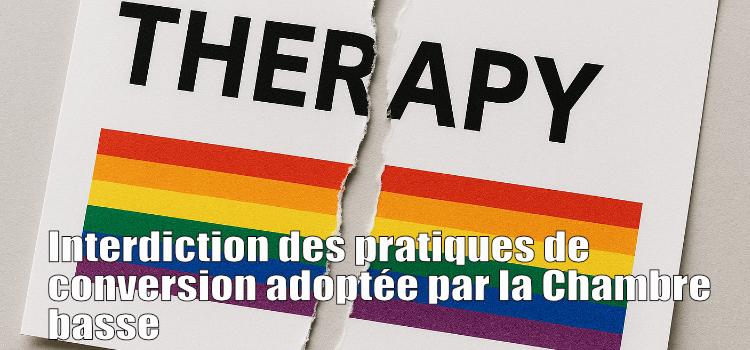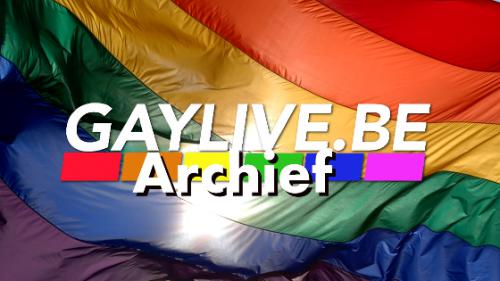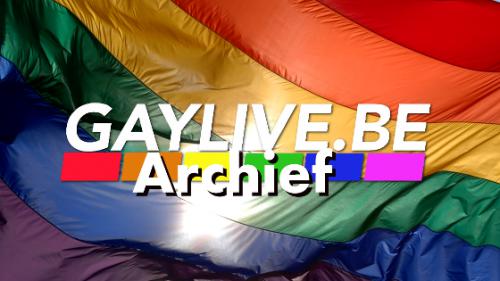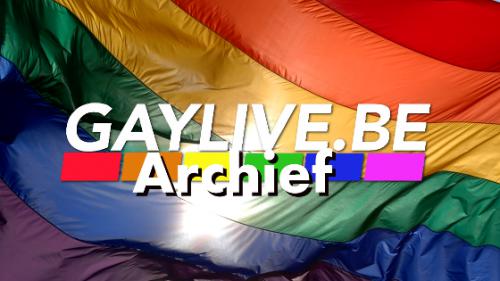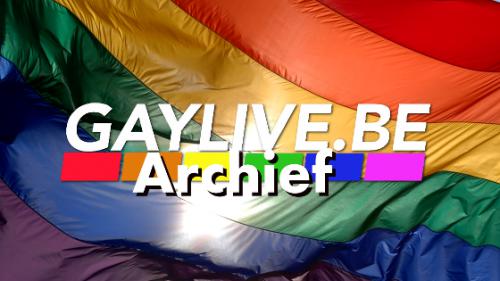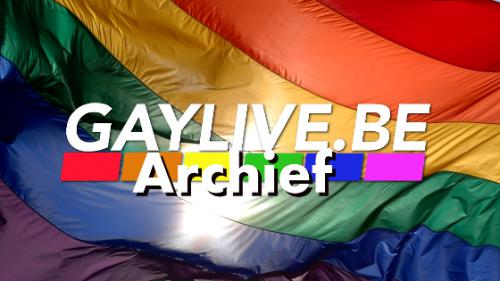The Dutch House of Representatives has voted in favor of a ban on conversion therapy, practices aimed at changing a person’s sexual orientation or gender identity. COC Netherlands and the Transgender Network, which have campaigned for this ban for nearly 15 years, welcomed the decision. The organizations are calling on the Senate to swiftly pass the bill, supported by D66, VVD, GroenLinks-PvdA, the SP, and the Party for the Animals.
“This is a victory for the victims of conversion practices,” said Myrtille Danse, chair of COC Netherlands. “You are perfect the way you are; don’t let anyone convince you otherwise. So-called ‘healing’ is a myth: these practices don’t change who you are, but they destroy lives. It’s encouraging that Parliament has now made it crystal clear: these harmful practices are unacceptable and banned. We are grateful to the bill’s sponsors for their work.”
The new law, which still needs approval from the Senate, draws a clearer line on the limits of religious freedom. Clergy, pastoral workers, and religious organizations will no longer be allowed to perform actions intended to change a person’s sexual orientation or gender identity.
Conversion practices often involve faith healers, exorcists, or pseudo-therapists who claim to “cure” homosexuality or transgender identities. However, these practices never change a person’s identity or orientation and instead frequently cause severe psychological harm, ranging from depression to suicide.
According to LGBTQ+ organizations, there are still at least 15 providers of conversion practices in the Netherlands. Internationally, an estimated 3 to 5 percent of LGBTQ+ people are subjected to them — meaning thousands of people are affected domestically.
The ban makes it illegal to offer conversion practices to minors and vulnerable adults. Advertising such practices will also be prohibited. Any attempt to change a person’s sexual orientation or gender identity will now be punishable by law.
COC Netherlands, the Transgender Network, and other organizations have been advocating for this ban for nearly 15 years. They submitted a petition to Parliament, held numerous discussions with lawmakers, and succeeded in getting the promise of a ban included in the Rainbow Voting Agreements of 2021 and 2023.
Human rights organizations such as the United Nations and the Council of Europe, along with associations of psychiatrists and psychologists, also support a ban. Countries such as France and Germany have already implemented similar legislation.
Lees meer








